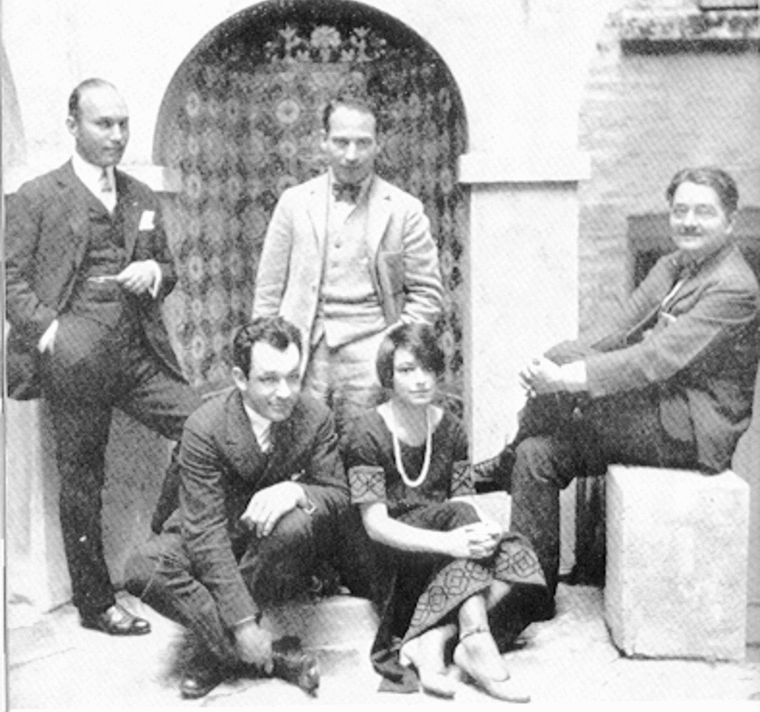Listen to this episode on Apple Podcasts.
How did the Blacklist come to an end? If you ask Kirk Douglas, the end began with his hiring of Dalton Trumbo to write Spartacus -- or, rather Douglas flaunting of that hiring. Otto Preminger, who hired Trumbo to write Exodus, might see it differently. In truth, the end of the blacklist was a process that took over a decade, and couldn’t have happened without actions taken by, amongst others, Charlie Chaplin, director Joseph Losey, members of the Academy's Board of Governors and president John F. Kennedy. We'll talk about the connection between the end of the blacklist and the weakening of the production code, and what both had to do with the slow dissolution of the studio system amidst the rise of independent producers and a younger generation of audiences. Finally, we’ll discuss how those who had been blacklisted struggled to move on.
Show notes:
Here is a list of published sources that the entire season draws from:
The Red and the Blacklist: An Intimate Memoir of a Hollywood Expatriate by Norma Barzman
Dalton Trumbo: Blacklisted Hollywood Radical by Larry Ceplair and Christopher Trumbo
Trumbo: A biography of the Oscar-winning screenwriter who broke the Hollywood blacklist by Bruce Cook
When Hollywood Was Right: How Movie Stars, Studio Moguls, and Big Business Remade American Politics by Donald T. Critchlow
Odd Man Out: A Memoir of the Hollywood Ten by Edward Dmytryk
City of Nets by Otto Friedrich
Hollywood Radical, Or How I Learned to Love the Blacklist by Bernard Gordon
I Said Yes to Everything by Lee Grant
Army of Phantoms: American Movies and the Making of the Cold War by J. Hoberman
Naming Names by Victor S. Navasky
West of Eden: An American Place by Jean Stein
The Inquisition in Hollywood: Politics in the Film Community, 1930-60 by Larry Ceplair
Sources specific to this episode:
Kirk Douglas, I Am Spartacus: Making a Film, Breaking The Blacklist
Kirk Douglas, The Ragman’s Son
Howard Fast, Being Red
Jeffrey P. Smith, “‘A Good Business Proposition’: Dalton Trumbo, Spartacus, and the End of the Blacklist,” The Velvet Light Trap – A Critical Journal of Film and Television, Spring 1989.
John Meroney and Sean Coons, “How Kirk Douglas Overstated His Own Role in Breaking the Hollywood Blacklist,” The Atlantic, July 5, 2012.
“Kennedy Attends Movie In Capital,” New York Times, Feb. 5, 1961.
Credits:
This episode was narrated and produced by Karina Longworth, and written by Karina Longworth and Matthew Dessem. Our production and research assistant is Lindsey D. Schoenholtz. Our editor is Henry Molofsky. Our logo was designed by Teddy Blanks.





